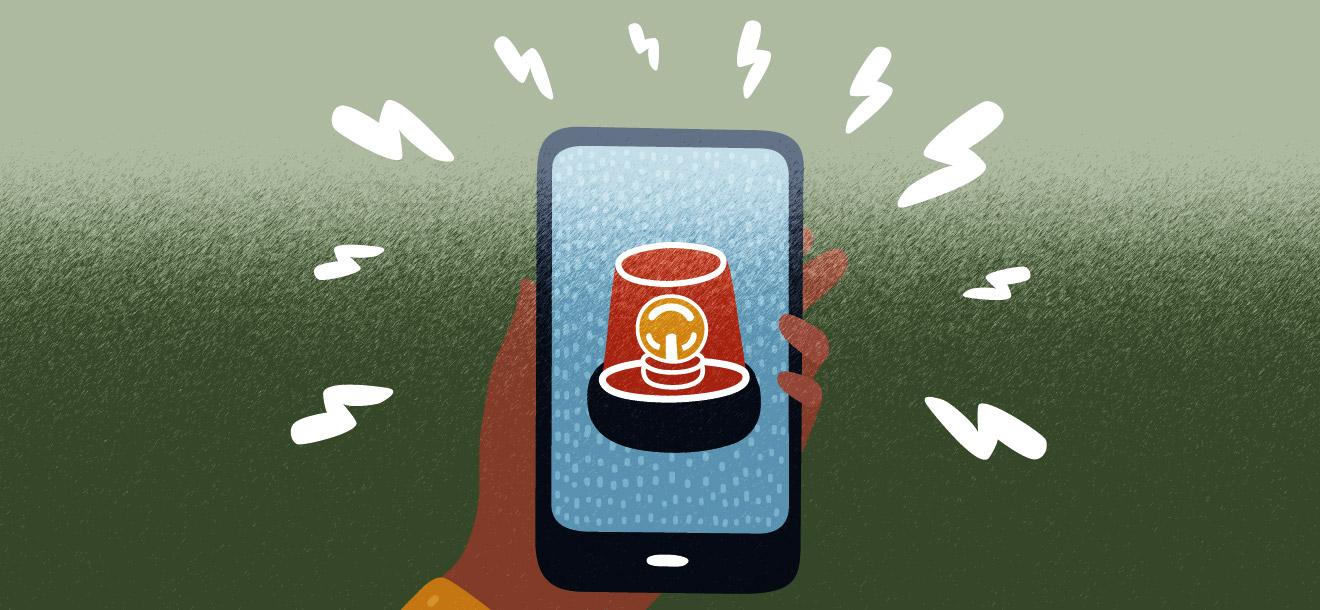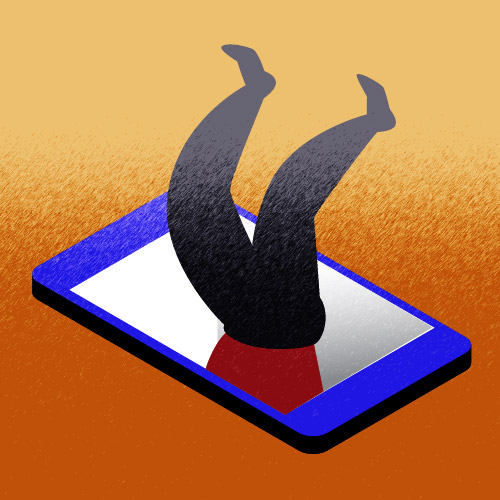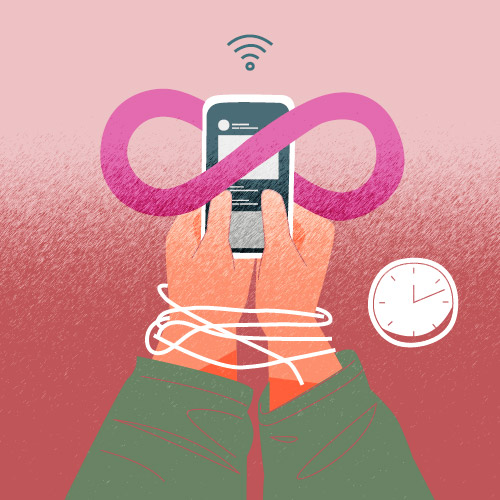The Hidden Cost of Screens: How Smartphones Impact Teen Mental Health in Hong Kong

Hong Kong’s teenagers are growing up with smartphones as constant companions. Although mobile technology makes it easier to connect, learn, and have fun, it also has major, sometimes disregarded effects on the mental health of adolescents.
Recent data from local studies reveal a troubling link between excessive smartphone use and a rise in depression, anxiety, and emotional instability among teens. As Hong Kong continues to top the charts in global smartphone penetration, it’s time to examine the psychological toll of our screen-centered culture on the next generation.
The Data: A Wake-Up Call for Teen Well-being
According to a landmark longitudinal study of over 3,000 young people in Hong Kong, 29.3% of adolescents met the criteria for smartphone overuse, which was strongly associated with a higher risk of severe depressive symptoms after just one year. Even after accounting for existing mental health conditions, heavy users were more likely to report poor emotional functioning and a persistent decline in well-being.
In parallel, a 2024 survey showed that 35.8% of Hong Kong residents feel anxious when their phone battery is low—a condition known as nomophobia. While this might seem trivial, it signals a growing psychological dependence on mobile devices to regulate emotions and feel “connected.”
Understanding the Psychological Impact
Teenagers in Hong Kong face intense social and academic pressure. Many turn to smartphones for comfort, distraction, and a sense of social belonging. But the very tools that offer relief can also deepen the problem:
● Social comparison on platforms like Instagram fuels insecurity and low self-esteem.
● Constant notifications fragment attention and increase stress levels.
● Fear of missing out (FOMO) drives compulsive checking, contributing to anxiety.
● Sleep disruption from nighttime phone use leads to irritability, fatigue, and poor emotional regulation.
What emerges is a vicious cycle: emotional distress leads to more screen time, which in turn worsens mood, attention, and resilience.
Clinicians in Hong Kong have reported a growing overlap between smartphone overuse and attention-related disorders in teens. Some teens exhibit symptoms similar to ADHD, such as impulsivity, restlessness, and difficulty sustaining focus—symptoms that may be exacerbated by the rapid, dopamine-driven feedback loops of digital platforms.
While smartphones aren’t the sole cause of these challenges, they are increasingly recognized as contributing factors to cognitive and emotional dysregulation in adolescents.
What Can Parents, Schools, and Teens Do?
We advocate for proactive, compassionate strategies that empower young people to reclaim balance. Based on the latest evidence, here are some starting points:
● Promote screen awareness: Use tracking apps to understand usage patterns and set realistic goals.
● Protect sleep: Establish a no-phone rule 30 minutes before bedtime.
● Encourage tech-free time: Support daily offline activities like exercise, hobbies, and face-to-face conversations.
● Foster open dialogue: Talk with teens about the emotional impact of social media and online comparison.
● Model balance: Parents and educators should demonstrate healthy digital habits.
A Community Effort Toward Mental Health
Digital well-being is not just a personal issue—it’s a public health priority. With one in three teens at risk of mental health strain due to screen overuse, Hong Kong must invest in education, community programs, and parental support.



